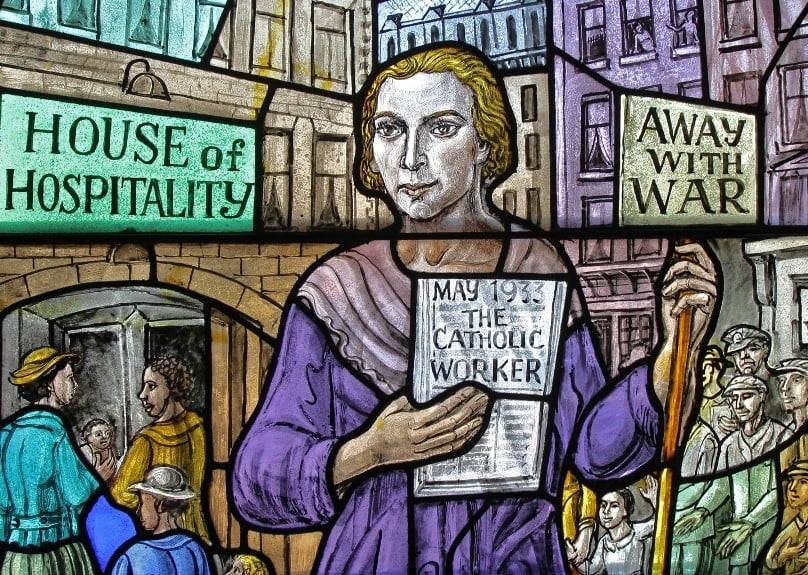
Part 3 of Mark’s series on Lent
Jesus is the Word made flesh, not the Word made word. When God chose to save us, he did it, not by sending Thoughts and Prayers, but by becoming a baby who grew up to be a working stiff that paid his taxes and gave beggars actual money when they asked for it.
More than this, he died in the flesh on an actual cross of real wood, not on a metaphorical one of vague ideas about “giving back to the community”. And when he rose from the dead, he did it in his body as well, leaving behind an empty tomb and offering his disciples his hands and feet to handle and a wound in his side for Thomas to put his finger into.
…there are few stronger tests of how serious we are about putting love of God first and love of neighbour second than actually putting love of money third.
So when Jesus talks about the Jewish disciplines of prayer, fasting, and almsgiving, he puts the most concrete one—almsgiving—first. Because there are few stronger tests of how serious we are about putting love of God first and love of neighbour second than actually putting love of money third.
That’s why Jesus focuses entirely on the question of our motives for almsgiving in the Sermon on the Mount:
“Beware of practicing your piety before men in order to be seen by them; for then you will have no reward from your Father who is in heaven.
Thus, when you give alms, sound no trumpet before you, as the hypocrites do in the synagogues and in the streets, that they may be praised by men. Truly, I say to you, they have their reward. But when you give alms, do not let your left hand know what your right hand is doing, so that your alms may be in secret; and your Father who sees in secret will reward you.” (Matthew 6:1-4)
Not a word about who to give to, nor about how much, nor about how often is found here. There is nothing about only giving to the Truly Deserving. (Jesus’ sole counsel on that score is “Give to him who begs from you, and do not refuse him who would borrow from you” (Matthew 5:42), which is why Dorothy Day remarks that “The gospel takes away our right forever, to discriminate between the deserving and undeserving poor.”
Indeed, the only counsel Jesus gives on this score is to practice lousy “wealth management”, get no return on our investment, and make absolutely sure that the people we give to will never ever repay us:

“When you give a dinner or a banquet, do not invite your friends or your brothers or your kinsmen or rich neighbors, lest they also invite you in return, and you be repaid. But when you give a feast, invite the poor, the maimed, the lame, the blind, and you will be blessed, because they cannot repay you. You will be repaid at the resurrection of the just.” (Luke 14:12-14)
But in Matthew 6, none of that matters. The only thing that matters is our motive. Make sure that your almsgiving is done to please God and not to impress man. For, of course, virtue signaling is as old as the human race and it is easy to fall into the trap of trying to buy the love of God or the praises of men by spreading around some money.
This is, as Jesus warns, just one more form of selfishness and the only thing you will purchase with it is a photo op and the worthless tinsel of a little good press that will fade faster than a TV screen when you hit “OFF” on your remote. You will, he warns, have your reward.
The point of Lent is not to buy the favour of God and still less of man. God’s love cannot be bought for the same reason you cannot kick open a door that already stands wide to welcome you. God already loves you. There is nothing to buy. It was all paid for on the cross and you are now invited into the new life of the Risen Christ.
Instead of living in the cramped world of buying the favour of God and man, the gospel invites you to be free to really look at the need of your neighbour without worrying about how it will play in the court of public opinion.
When you really do that and love your neighbour with your material goods, because that’s what they need, you discover that “Inasmuch as you did it to the least of these, you did it to me” and you will hear the glorious words, “Come into the kingdom which my Father has prepared for you” (cf. Matthew 25:31-46).
Related:
